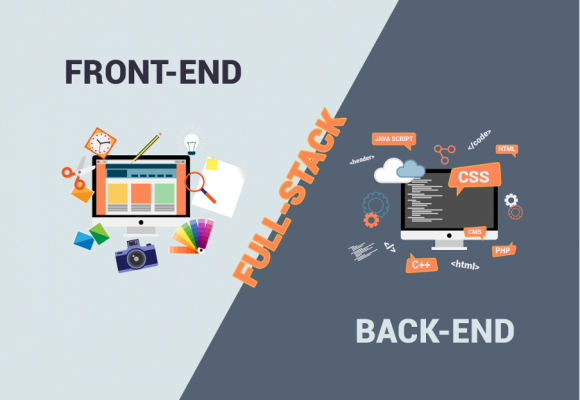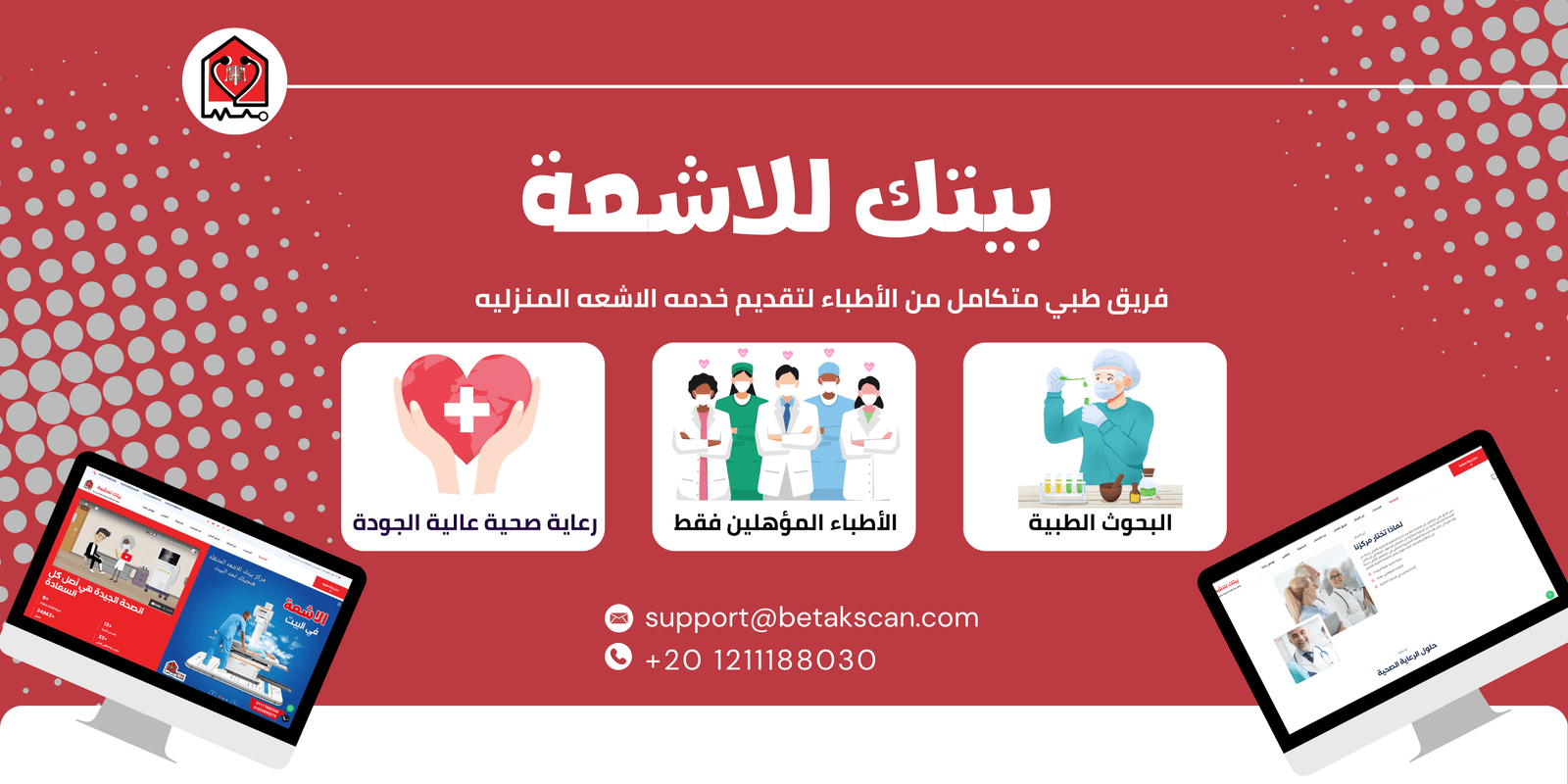In the fast-paced world of technology, it can be tempting to launch an app as quickly as possible, especially in light of market pressure and customer expectations. However, have you thought about the consequences if a user discovers a bug or error while using it for the first time? That moment could be enough to lose a user forever.
Software Testing is an indispensable step in the lifecycle of any digital application or system.
What is software testing?
Software testing is the process of evaluating and analyzing the components of a system or application to ensure that everything works as expected and is free of software errors that may affect performance or user experience.
What happens if you ignore testing?
- Loss of user confidence on the first try
- Negative reviews in online stores
- Financial losses due to application downtime or crashes
- Difficulty in maintenance later due to bug accumulation
- Increased costs due to post-launch fixes
Types of software testing
There are several types that can be applied depending on the project:
1. Functional Testing:
Verifies that each function performs the required work.
2. Performance Testing:
Does the app handle a large number of users? Does it respond quickly?
3. Security Testing:
Is user data protected? Are there any vulnerabilities?
4. Compatibility Testing:
Does the app work properly on different operating systems (iOS, Android, Web)?
5. Usability Testing:
Does the user find the interface easy to use?
When is testing done?
Testing is not only done at the end of the project, but at every stage of development. This is known as Continuous Testing, which is a more professional approach because it helps catch bugs early.
How do we test in our team?
In our team, we apply rigorous testing methodologies using advanced tools such as:
- Selenium for automated interface testing
- Postman for testing APIs
- JMeter for performance testing
- In addition to Manual Testing by specialists to analyze each real-life usage scenario
We also write detailed reports outlining weaknesses and improvement notes.
Is testing an investment?
Yes and strongly! Simply because it is:
- It saves the cost of fixing bugs later
- Improves the reputation of the application
- Increases user satisfaction
- Extends the life of the system
- Increases the chances of product success in the market
Conclusion:
Software testing is not an extra step, but a basic necessity for any company or team that wants to deliver a reliable and competitive application. In a time of so many choices for the user, there is no room for error. Your app needs to be 100% ready before it sees the light of day.









